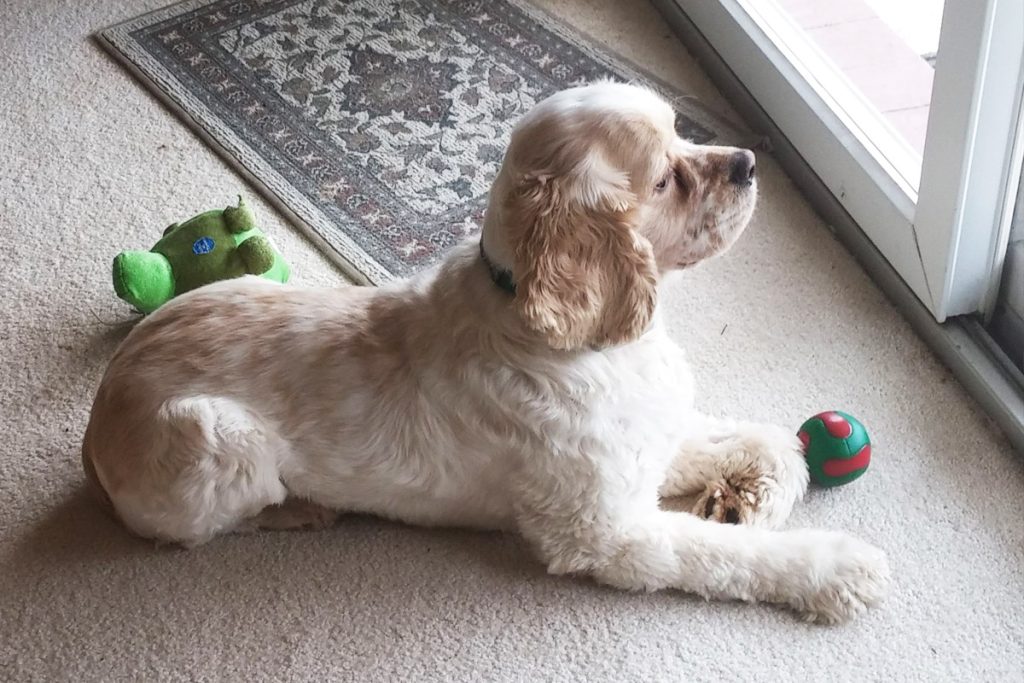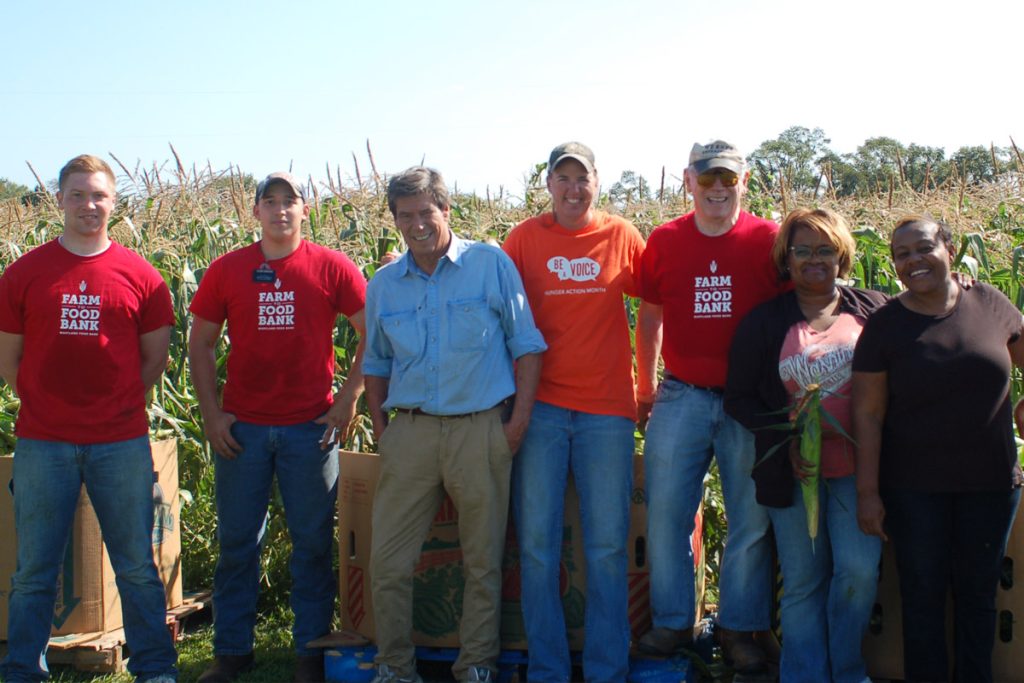Strategies of Kindness that Work for Me
We found my Dad’s car keys in his shoes. He had hidden them from us … Because, he was afraid we might “take his car away”.
But, he had forgotten where he hid them, so he had really hidden them from himself.
Dad suffered from Alzheimer’s, which is the most common form of dementia. So did my mother. I cared for both of them and, over the years, I have worked with dozens of Alzheimer’s patients. Although I don’t pretend to be an expert let me share a few of my real-world experiences about recognizing and living with dementia.
First, understand that you will notice the early signs of dementia before the one who has it; and as the disease progresses you will always be more aware of their decline than they are. Because the disease is robbing their mind, they often won’t notice the symptoms; but you will see subtle changes.
There is also the possibility that they will be in denial; which is understandable given the disease’s fearsome nature. For instance, I have never seen my Dad angrier than when I suggested that something was wrong. My siblings and his friends would tiptoe around the subject and even his doctor ducked the issue.
In many cases the first time we must be firm is when we “take the keys” away from either Mom or Dad. There is no easy answer for this. My Dad was in both denial and unaware that his driving was dangerous. His car represented his last link to independence, and he was too prideful to give it up. That’s why he hid his keys in his shoes. For a time, we soft-pedaled this by making sure someone “just happened to be available to drive him”, but there were several unpleasant confrontations. Finally, we realized that keeping his keys and his car were symbolic of something he could not let go. So, we played along. We let him keep his keys and every morning when he got dressed he would put them in his pocket like nothing had ever changed. Dad kept his pride. What he never realized is that we had removed the distributor cap from his car so it wouldn’t start anyway.
At some point they will grasp and accept that something is happening and generally become more receptive to your help. Now you can work together as a team. Although you are now beyond the “brutal honesty” stage always remember that they are confused and rightfully concerned about their decline. Once again, I try to avoid confrontation and contradiction. They are already unsure and confused so if they want to tell me that the world is flat, I gently play along. Sometimes, with gentle prodding they will correct themselves, but if they don’t, no harm is done.
Once, I served my Dad a quiche for dinner, cut up in slices like a pie. When he said, “Why are we having dessert before dinner”, I told him that it was a quiche; but when he insisted it was dessert pie I figured that if he wanted the quiche to be dessert, so be it. Dinner proceeded smoothly and before long all was forgotten.
Dementia and Alzheimer’s are all about confusion and it pays to be extra vigilant. Little details become big details. Little things become big things. The stove is left on, the faucet is running, and a pot boils until the bottom is burnt. I plead guilty to watching like a hawk and I try my best to be particularly observant without appearing to be so
Always be patient, and after that be patient, and after that, be patient again. The questions, stories and comments will often continue in an unending loop…Once the thought seizes the Alzheimer’s Mind it will continue over and over and over again.
While it may exasperate you, try to answer each comment as if it was the first time you heard it… and do so with quiet patience.
I know it is hard but try not to get angry no matter how badly your loved one behaves. It’s not their fault.
As the disease progresses our job is to now make the last part of their life happier. Find the simple things that your loved one likes to do and still can do. Don’t push them into something because you think it’s what they want, let them lead the way. Sometimes they will surprise you.
I once cared for a woman whose dementia was so advanced she didn’t know she was in her own house. However, she could still play her piano and sing the songs from her youth. She remembered every word and every key. I sang along with her even though I couldn’t hold a tune. She didn’t care because we were having fun. She did not know what happened two minutes ago, but she sure could tickle the ivories. Go figure. That’s Alzheimer’s. She had fun, so did I, and her end-of-life was better because of it.
So, my final advice is to find what they love to do and do it. And, do it every day until they don’t want to do it anymore.
They will be happy. And you will be happy because you made them happy.
The other place you should turn is the Alzheimer’s Association. Their website (www.alz.org) is very comprehensive and informative. They also have a 24/7 hotline (800-272-3900) where you can talk directly to care consultants for support, referrals, and any questions you may have.







